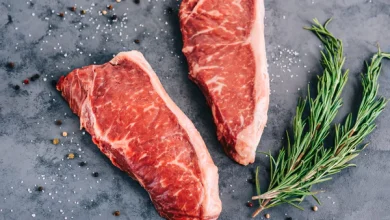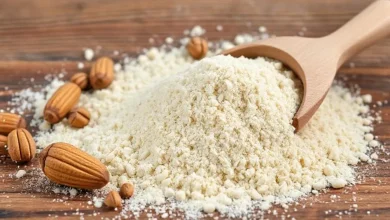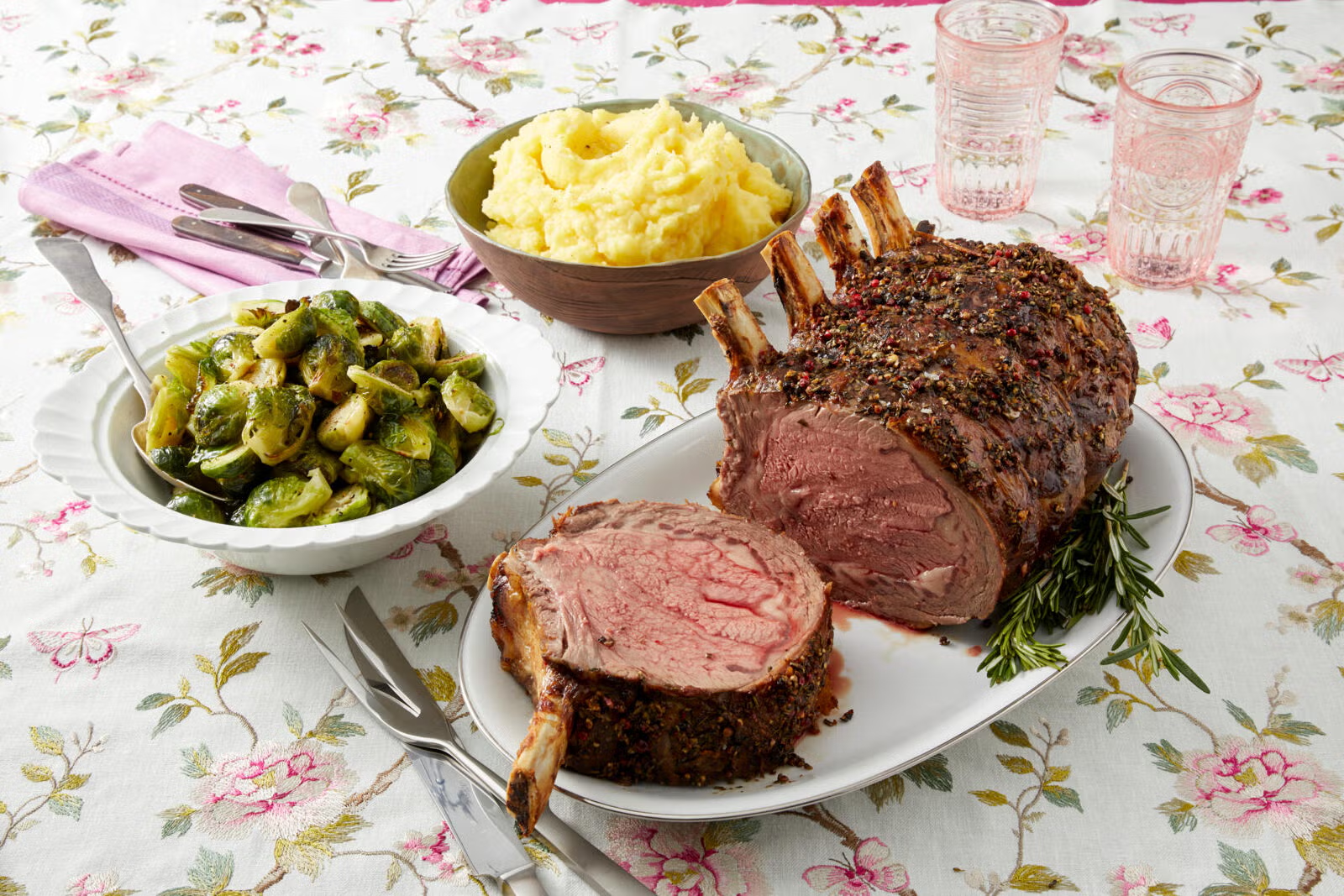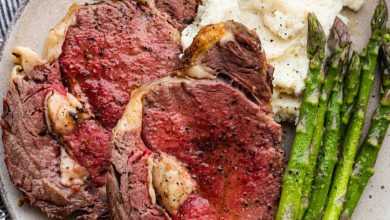Beef Brisket (Whole, Raw) – Nutritional Information
Beef brisket, a cut of meat taken from the breast or lower chest of cattle, is an incredibly flavorful and hearty option for roasting, braising, or slow-cooking. This particular entry provides the nutritional profile of whole raw beef brisket.
Nutritional Breakdown (per 100g serving):
| Nutrient | Amount |
|---|---|
| Energy | 155 kcal |
| Protein | 20.72 g |
| Total Fat | 7.37 g |
| Saturated Fat | 2.59 g |
| Carbohydrates | 0.0 g |
| Dietary Fiber | 0.0 g |
| Sugars | 0.0 g |
| Calcium | 5 mg |
| Iron | 1.92 mg |
| Magnesium | 23 mg |
| Phosphorus | 201 mg |
| Potassium | 330 mg |
| Sodium | 79 mg |
| Zinc | 4.31 mg |
| Copper | 0.08 mcg |
| Manganese | 0.014 mg |
| Selenium | 16.4 mcg |
| Vitamin C | 0.0 mg |
| Thiamine (B1) | 0.1 mg |
| Riboflavin (B2) | 0.17 mg |
| Niacin (B3) | 3.94 mg |
| Vitamin B6 | 0.42 mg |
| Folate (B9) | 7 mcg |
| Vitamin B12 | 2.43 mcg |
| Vitamin A | 0.0 mcg |
| Vitamin E | 0.32 mg |
| Vitamin D2 | 0.0 mcg |
Allergen Information:
Beef brisket is naturally free of common allergens such as dairy, gluten, and nuts, making it suitable for a wide range of dietary needs. However, those with specific dietary concerns should always check for cross-contamination during processing or preparation.
Dietary Preferences:
- Gluten-Free: This cut of beef is inherently gluten-free.
- Keto-Friendly: Beef brisket is an excellent choice for those following a ketogenic or low-carb diet due to its high protein and fat content.
- Paleo: As a whole food, beef brisket is suitable for a paleo diet, aligning with the natural eating principles of this lifestyle.
- Low-Carb: With zero carbohydrates, beef brisket is ideal for those seeking low-carb meal options.
Cooking Tips & Advice:
Beef brisket is known for its robust flavor, but it requires proper preparation to tenderize its tough fibers. Slow-cooking methods such as braising, smoking, or roasting at low temperatures for an extended period can yield a melt-in-your-mouth texture. To enhance the flavor, marinate the brisket for several hours before cooking, or season generously with spices like garlic, paprika, and black pepper.
For a perfect result, aim for an internal temperature of 190°F (88°C) if you’re looking for a melt-in-your-mouth brisket. If you’re grilling or roasting, be sure to let it rest for at least 15 minutes after cooking to allow the juices to redistribute.
Conclusion:
Beef brisket is a nutrient-dense cut of meat that offers a rich source of protein, vitamins, and minerals, including significant amounts of iron, zinc, and B vitamins. This versatile and satisfying meat is a great choice for hearty meals, making it a staple in many cuisines, particularly for slow-cooked dishes like braises, stews, and barbecued preparations. Whether you’re feeding a crowd or preparing a family meal, beef brisket is a classic that is both flavorful and nourishing.










